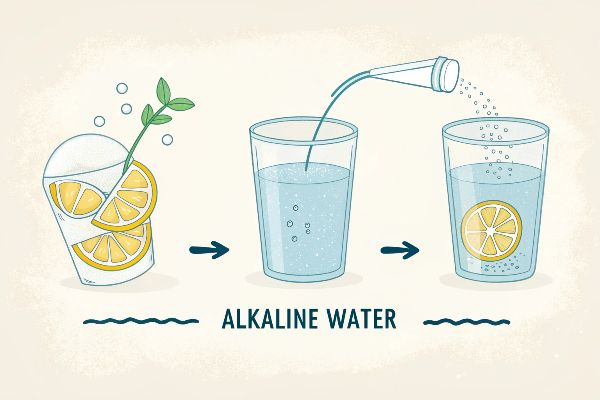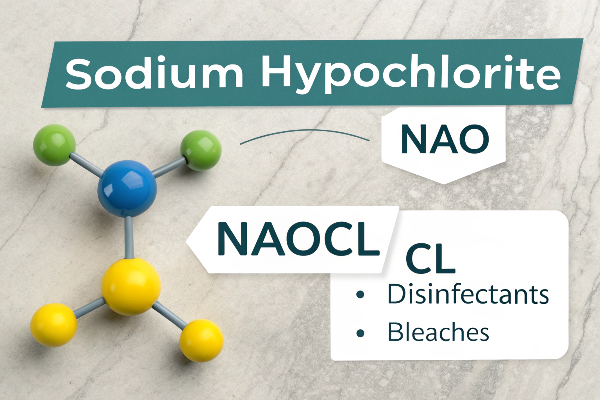Struggling with inefficient, off-the-shelf anodes that just don’t cut it for your specific industrial needs? Feeling the pinch of frequent replacements and suboptimal performance?
Customizable titanium anodes offer a tailored solution, precisely engineered to optimize your processes and extend lifespan, ultimately saving you time and money. But are they right for every situation?

This article will delve into the world of custom titanium anodes, exploring their benefits, drawbacks, and everything in between. We’ll untangle the complexities, giving you the clarity you need.
What are the lead times and cost implications of ordering custom-designed titanium anodes compared to standard off-the-shelf options?
Concerned that bespoke solutions mean endless waiting and budget blowouts? Wondering if the advantages truly outweigh the potential financial and time investment?
While custom anodes might have a slightly longer initial lead time, typically around 7 days at Xubo Titanium, and a potentially higher upfront cost, they deliver significant long-term value through optimized performance and reduced operational expenses.

Diving Deeper into Lead Times and Costs
The assumption is that anything "custom" equals lengthy delays and exorbitant prices. However, let’s dissect this perception with a critical lens.
| Feature | Custom Titanium Anodes | Standard Off-the-Shelf Anodes |
|---|---|---|
| Lead Time | Typically longer (e.g., 7 days at Xubo Titanium) | Usually shorter (immediate availability) |
| Initial Cost | Potentially higher (design, tooling) | Generally lower |
| Long-Term Cost | Lower (optimized performance, longevity) | Higher (frequent replacements) |
| Flexibility | High (tailored to specific needs) | Low (limited to available options) |
| Efficiency | Optimized for the application | May be suboptimal |
| MOQ | Can be as low as 1 at Xubo Titanium | May have higher minimum order quantities |
The lead time is influenced by several factors: design complexity, material sourcing, and the manufacturing process itself. At Xubo, the process is streamlined: initial consultation, design and engineering, prototype fabrication, testing, and final production. Even samples are offered at factory prices, with a minimum order quantity (MOQ) of just one piece. Experienced engineers provide professional advice, guiding you through every step. This minimizes potential delays and ensures the final product aligns perfectly with your requirements. While off-the-shelf options seem cheaper initially, their "one-size-fits-all" approach often leads to inefficiencies, requiring more frequent replacements and, consequently, higher long-term costs.
How can I specify the precise technical requirements for a custom titanium anode to ensure optimal performance in my specific application?
Worried about miscommunication leading to a product that doesn’t meet your needs? Unsure how to translate your operational requirements into technical specifications?
The key is providing a detailed specification sheet outlining parameters like size, shape, coating type, current density, and operating environment. Xubo Titanium’s engineers offer expert consultation to help you articulate these needs accurately.

Decoding the Technical Requirements
Effectively communicating your needs is paramount. Here’s how to break down the process, using a structured approach:
- Application Analysis: What is the specific process? (e.g., electroplating1, water treatment, cathodic protection). What are the desired outcomes? (e.g., specific coating thickness, water purity level).
- Environmental Factors: What is the electrolyte composition? What is the operating temperature and pressure? Are there any corrosive substances present?
- Electrical Parameters: What is the required current density range? What is the voltage limit?
- Material and Coating: What base material is needed? What type of coating is optimal for the application (e.g., MMO, platinum)? What coating thickness is required?
- Physical Dimensions: What are the precise dimensions and shape of the anode? Are there any specific mounting requirements? Clear technical drawings are helpful here.
- Lifespan Expectations: How long do you need the anode to last under normal operating conditions?
Xubo Titanium provides templates and personalized support to ensure all these details are accurately captured. This collaborative approach minimizes the risk of errors and ensures the final product perfectly matches your expectations.
What quality assurance and testing procedures are involved in the production of custom titanium anodes to guarantee reliability?
Concerned about the quality of a custom-made product? Do you need assurance that it will perform consistently and reliably in demanding industrial environments?
Reputable manufacturers like Xubo Titanium adhere to strict quality control processes2, including raw material inspection, coating adhesion testing, electrochemical performance evaluation3, and compliance with industry standards like ASTM and NACE.

The Pillars of Quality Assurance
Quality isn’t an afterthought; it’s ingrained in every step of the production process. Here’s a look at the typical procedures:
| Test/Procedure | Description | Standard (Example) |
|---|---|---|
| Raw Material Inspection | Verifying the purity and composition of the titanium substrate. | ASTM B265 |
| Coating Adhesion Test | Assessing the bond strength between the coating and the substrate. | ASTM D3359 |
| Electrochemical Performance Test | Measuring the anode’s efficiency and stability under simulated operating conditions. | NACE TM0294 |
| Dimensional Inspection | Ensuring the anode meets the specified dimensions and tolerances. | ISO 2768 |
| Accelerated Life Testing | Simulating long-term performance under accelerated conditions. | ASTM G59 |
Furthermore, certifications like ISO 90014 demonstrate a commitment to consistent quality management systems. Xubo Titanium’s adherence to these standards and procedures provides the confidence that your custom anode will meet the highest quality benchmarks.
Can custom titanium anodes be designed to integrate with existing industrial equipment and infrastructure seamlessly?**
Worried about compatibility issues? Concerned that a custom anode won’t fit your existing setup, leading to costly modifications or replacements?
Absolutely. Custom anodes are designed specifically for your system. On-site assessments and precise measurements ensure seamless integration5, minimizing disruption and avoiding extra expenses.

Achieving Seamless Integration
Integration shouldn’t be a headache. Here’s the proactive approach Xubo Titanium takes:
- On-Site Assessment: Engineers visit your facility to understand the existing infrastructure and take precise measurements.
- CAD Modeling: 3D models are created to visualize the anode within your system, ensuring perfect fit and compatibility.
- Prototype Verification: In some cases, 3D-printed prototypes can be provided for physical verification before full-scale production.
- Installation Support: Xubo Titanium offers guidance and support during the installation process to ensure proper setup.
- Commissioning Assistance: Assistance is available to ensure the anode operates correctly within your system after installation.
This meticulous approach eliminates compatibility concerns and ensures a smooth transition to your new, optimized anode solution.
Are there any limitations or potential drawbacks to consider when opting for custom titanium anodes instead of standard products?
Want to make a fully informed decision? Need to weigh the pros and cons realistically, considering any potential downsides of customization?
While custom anodes offer numerous advantages, it’s important to acknowledge potential limitations, such as longer lead times6 and higher initial costs7, particularly for very small orders. However, these can be mitigated with proactive planning.

A Balanced Perspective: Addressing Potential Drawbacks
Transparency is key. Here’s a frank discussion of potential drawbacks:
| Potential Drawback | Mitigation Strategy |
|---|---|
| Longer Lead Times | Early engagement with Xubo, clear communication, detailed planning. |
| Higher Initial Cost | Consider the long-term cost savings due to optimized performance and longevity. |
| Design Inflexibility | Thorough pre-production design review and approval process. |
| Minimum Order Quantities | Xubo offers MOQ of 1, even for samples at factory pricing. |
By acknowledging these potential challenges upfront and working closely with a reliable supplier like Xubo Titanium, you can effectively minimize risks and maximize the benefits of customization.
Conclusion
Custom titanium anodes are revolutionizing industrial processes by offering tailored solutions that boost efficiency and longevity. While initial costs and lead times may be slightly higher, the long-term benefits far outweigh these considerations. With Xubo Titanium, you get expert guidance8, rapid turnaround (7 days!), and factory pricing9, even for single-unit orders.
-
Learn about best practices in electroplating with titanium anodes to enhance your process and achieve desired outcomes. ↩
-
Understanding the quality control processes ensures you choose a reliable manufacturer for your titanium anodes. ↩
-
Learn about electrochemical performance evaluation to ensure your anodes will perform effectively in real-world conditions. ↩
-
Explore the significance of ISO 9001 certification to understand how it impacts product quality and reliability. ↩
-
Learn about best practices for integrating custom components to ensure efficiency and reduce costs. ↩
-
This resource will provide strategies to effectively manage and mitigate longer lead times in custom manufacturing processes. ↩
-
Discover insights on how higher initial costs can lead to significant long-term savings and performance benefits, making it worth the investment. ↩
-
Discover insights on how expert guidance can help you choose the right titanium anodes for your specific needs. ↩
-
Learn about factory pricing and how it can lead to significant savings when ordering titanium products. ↩





